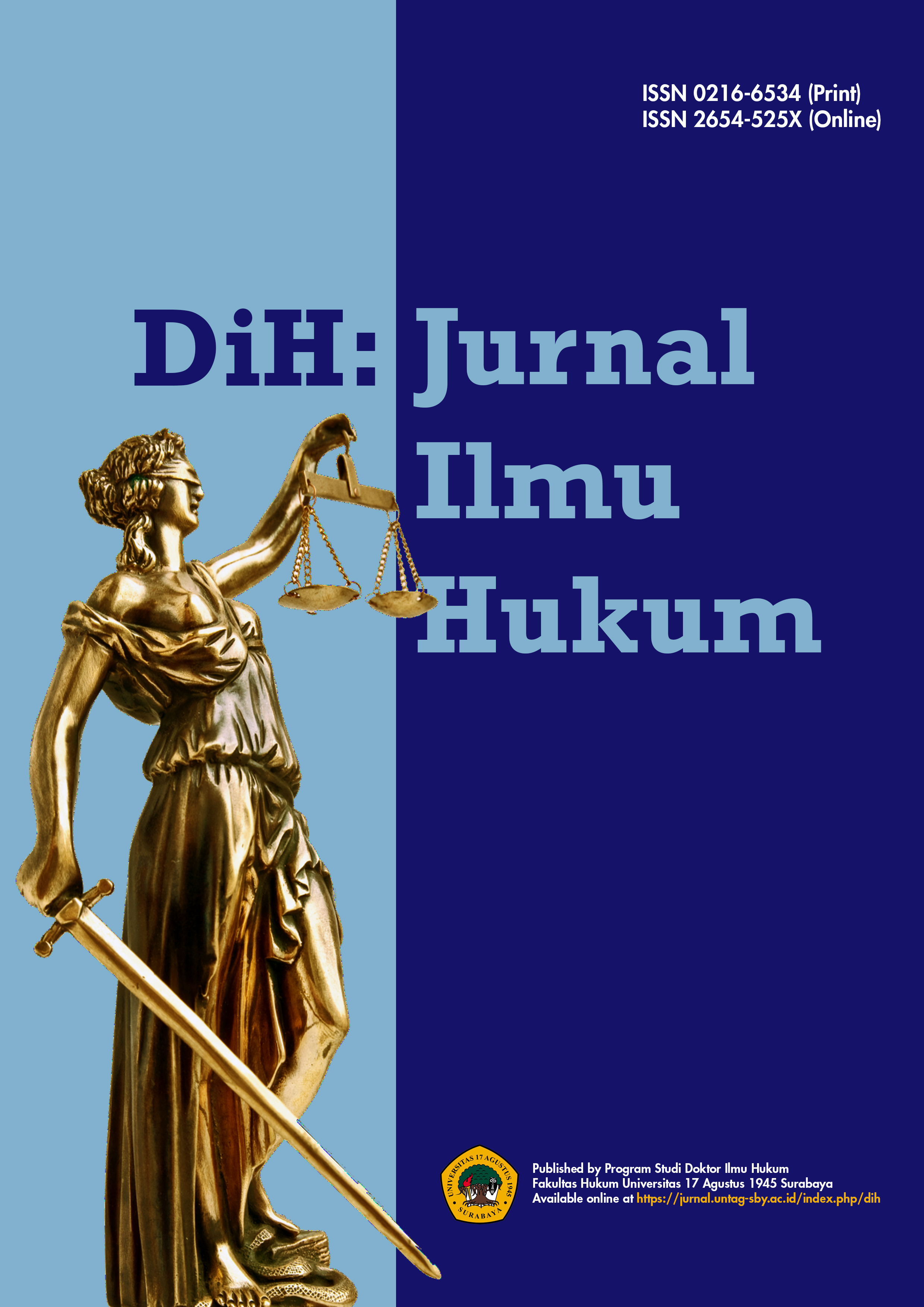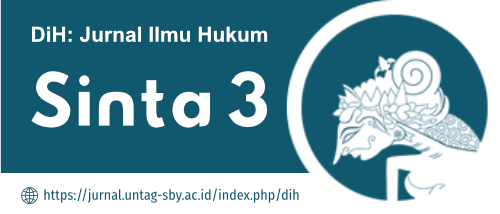Clarity of Information and Consumer Consent in the Usage of Personal Data by E-Commerce Platform
DOI:
https://doi.org/10.30996/dih.v20i2.11433Keywords:
E-commerce, personal data, legal protection, consentAbstract
The widespread use of e-commerce platforms in the era of the industrial revolution 4.0 cannot be separated from concerns about the use of personal data by these platforms without the consent of consumers. This can lead to misuse of consumers' personal data and causing losses. For this reason, regulations that protect consumer personal data from this are needed. In this regard, the existing legal instruments in Indonesia to protect personal data in general has been regulated in Law Number 27 of 2022 concerning Personal Data Protection and Government Regulation of the Republic of Indonesia Number 80 of 2019 concerning Trading Through Electronic Systems (PP 80/2019). The problem is, these regulations do not provide an affirmation regarding the terms and conditions of the format that must be made by e-commerce platforms, thus that they are often made with lengthy and complex legal language which results in the impression that consumers agree to the use of personal data, even though they do not know it. Regarding this problem, the authors provide recommendations for adding provisions to PP 80/2019 which contains a brief, clear, and simple format of terms and conditions that must be made by e-commerce platforms in relation to the use of personal data.
Downloads
Downloads
Published
Issue
Section
License
Authors who publish with DiH: Jurnal Ilmu Hukum agree to the following terms:
- Authors transfer the copyright and grant the journal right of first publication with the work simultaneously licensed under a CC BY-SA 4.0 that allows others to share the work with an acknowledgement of the work's authorship and initial publication in this journal.
- Authors are able to enter into separate, additional contractual arrangements for the non-exclusive distribution of the journal's published version of the work (e.g., post it to an institutional repository or publish it in a book), with an acknowledgement of its initial publication in this journal.
- Authors are permitted and encouraged to post their work online (e.g., in institutional repositories or on their website) prior to and during the submission process, as it can lead to productive exchanges, as well as earlier and greater citation of published work (See The Effect of Open Access)










